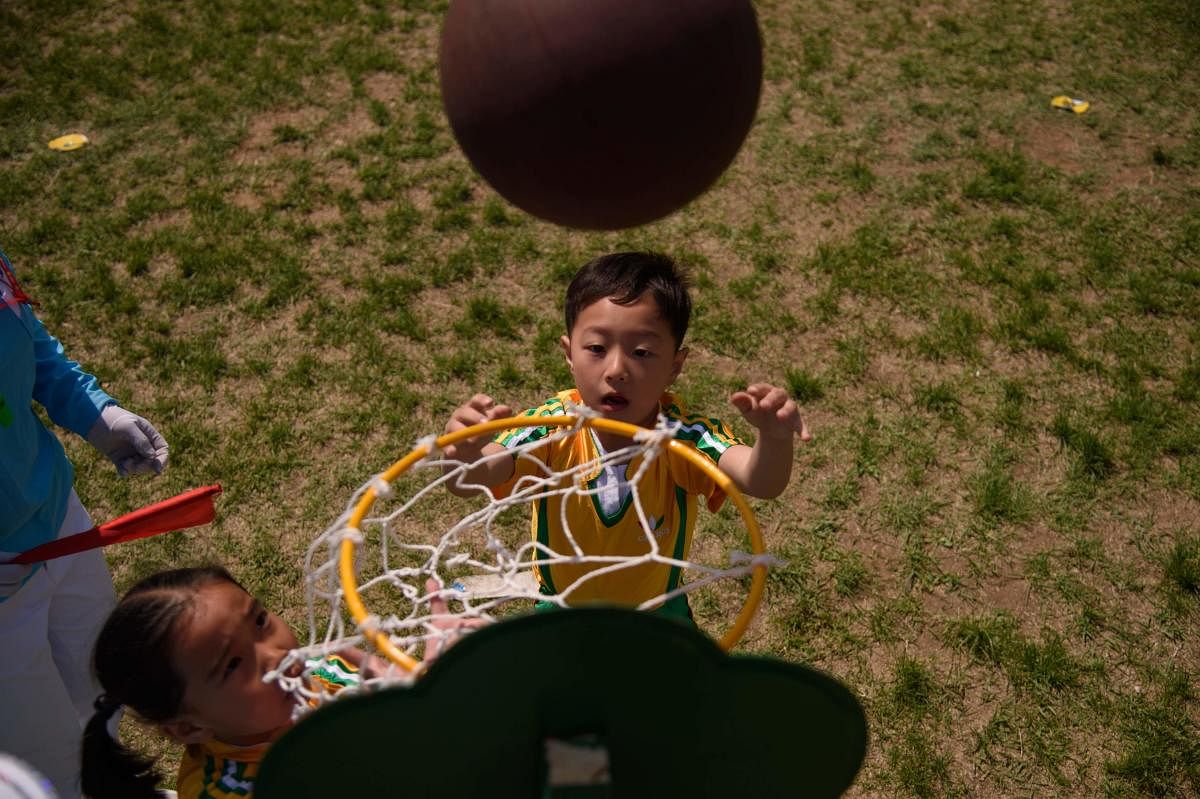
Children who engage in organised physical activity at a young age are less likely to have emotional difficulties by the time they turn 12, according to a study.
"The elementary school years are a critical time in child development," said Frederic N Briere, a professor at Universite de Montreal in Canada.
"And every parent wants to raise a well-adjusted child," said Briere, who led the study published in the journal Pediatric Research.
Besides keeping children from being sedentary, physical activities such as structured sports have the potential to be enriching both physically and mentally, said Briere.
The study tested that intuitive logic with a large representative population of typically developing Canadian children.
"We followed a birth cohort over time to examine whether consistent participation in organised sport from ages 6 to 10 would minimise risks associated with emotional distress, anxiety, shyness, social withdrawal at age 12," said Briere.
"Our goal was to test this question as critically as possible by eliminating pre-existing child or family conditions that could offer an alternative explanation," he said.
Briere and his team examined data from a cohort of children born in 1997 or 1998 who are part of the Quebec Longitudinal Study of Child Development.
From ages 6 to 10, mothers reported whether their child participated in organised physical activity.
At age 12, teachers reported on the child's levels of emotional distress, anxiety, shyness, and social withdrawal at school.
"The results revealed that children who participated consistently from ages 6 to 10 showed fewer instances of those factors at age 12 than their counterparts who did not engage in physical activity in a consistent way," said Briere.
"We found these benefits above and beyond pre-existing individual and family characteristics," he said.
"Getting kids actively involved in organised sport seems to promote global development. This involvement appears to be good on a socio-emotional level and not just because of physical benefits.
"Being less emotionally distressed at the juncture between elementary and high school is a priceless benefit for children, as they are about to enter a much larger universe with bigger academic challenges," Briere said.
"This research supports current parental guidelines promoting children's involvement in physical activity," he said.